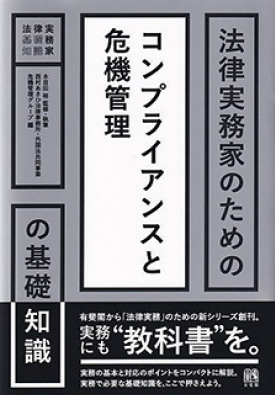-
Articles
Ice Factories Found Guilty of Cartel Offence
On 7 April 2023, the Trade Competition Commission of Thailand published its decision of the Trade Competition Commission (“TCC”) regarding the enforcement of cartels in Thailand. This case was brought to the TCC by a complaint from the affected person.
The complaint was raised that from February to March 2013, 16 business operators, who manufacture and sell tube ice in four provinces; collectively called for a meeting to consider and agree to increase the selling price of tube ice from Baht 25 per sack (20 kilograms per sack) to Baht 35 - 40 per sack. The TCC investigated the matter and found that such 16 business operators called for such meeting to consider and agree to increase the selling price of tube ice and crushed ice. After the meeting was adjourned, the chairman of the meeting brought a letter from the ice associations of such four provinces regarding the increase in the selling price to customers; to be signed by representatives of the ice factories who joined the meeting. There were another four business operators who participated in the meeting, but they had not yet adjusted the selling price. However, all of such 20 business operators - which have over 10% of the market share - confessed their illegal behaviour to the TCC.
It is worth noting that this case occurred during the period when the Trade Competition Act B.E. 2542 (1999) (“Previous TCA”) was in effect, but the punishment was decided during the period of the Trade Competition Act B.E. 2560 (2017) (“Current TCA”). The TCC opined that such behaviour falls under the cartel offence according to Section 27(1) of the Previous TCA and Section 54 (1) of the Current TCA, and therefore still constitutes a criminal punishment. Thus, the TCC could apply both the Previous TCA and the Current TCA, whichever is more favourable to the offender, regardless of whether the relevant provision is under the Previous TCA or the Current TCA.
After consideration of the behaviour and confession of said 20 business operators, the TCA opined that the offence had been committed when the abovementioned business operators jointly reduced or restricted competition by the form of cooperation between them in order to reduce any risk from the competition, even without having any concrete evidence such as a signed agreement among the offenders or adjusting the price of ice after the meeting. This is because Section 27(1) of the Previous TCA and Section 54(1) of the Current TCA stipulate merely that: “jointly fixing the purchasing price or selling price is deemed as the commission of prohibited conduct”.
Regarding punishment under this case, the TCC has considered applying a provision that is more favourable to the offender in the Previous TCA in order to penalise the offender because the severity of the penalty of the Previous TCA is less than the Current TCA. In addition, although Thailand does not have a leniency programme, it does have a fine comparison mechanism, a punishment reduction measure when an offender provides information and evidence supporting an investigation. Thus, the TCC reduced the penalty from 10% of the revenue of each offender upon the first person who confessed the illegal behaviour and provided evidence to the TCC to be fined only Baht 1,000. For the remaining offenders, the TCC exercised its discretion to increase the reduced penalty, depending on the stage of investigation. Moreover, with regard to representatives of the legal persons, e.g. directors, managers or any person responsible for the operation of such entities or that has a duty to instruct or perform certain conduct but fails to instruct or perform such conduct, thus causing the legal person to commit an offence; such representatives were also penalised in this case.
This is intended merely to provide a regulatory overview and not to be comprehensive, nor to provide legal advice. Should you have any questions on this or on any other areas of law, please do not hesitate to contact:
Siriwan Nopareporn(Attorney-at-Law)
Tel: (66) -2-126-9148
E-mail: s.nopareporn@nishimura.com






